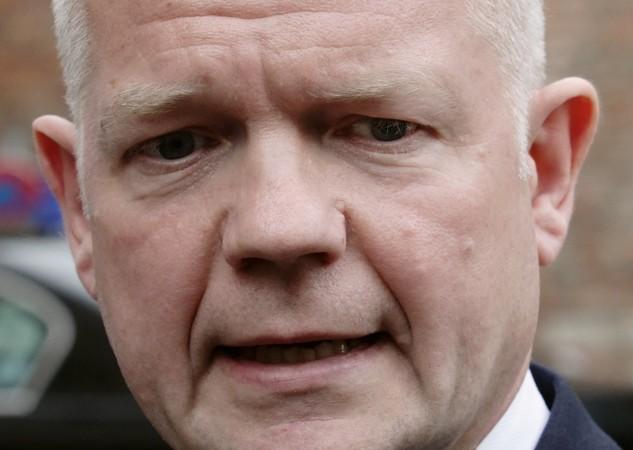
The sudden resignation of British Foreign Secretary William Hague – that preceded a major administrative reshuffle in David Cameron ministry– came as a complete shocker.
But the unexpected move has also triggered speculation that his controversial policies on war could have landed him in trouble – although the Downing Street has chosen to be subtle about it.
The most important question that is likely to be asked is why he made the surprising decision especially because there was nothing in the "Westminster village" that gave anyone any hint that this was to come.
There are already speculations on why he is going and more importantly if he indeed chose to go by himself. There could well be reasons beyond obvious, why such a step is being taken including the possibility that it could have something to do with issues related to foreign policies that he was involved in.
Russian Times' political analyst Afshin Rattansi echoes similar concerns regarding the sudden resignation. "Could it be with the election strategy of the Cameron government? He certainly had a very controversial record when it came to anything from Ukraine to Syria," he said in an interview.
Analysts are of the view that the British government was perhaps looking to see if its foreign policy is not going to be so war-like hence forth. Hague has been criticised and often called with the pejorative "warmongering foreign secretary" for his staunch attitude towards Syria, Ukraine and others.
"We must remember that William Hague was found to be lying to parliament about the Ukrainian constitution, (there are) strings of statements he has been making about Russia creating a new Cold War. He of course said that Britain must bomb Damascus at all costs," Rattansi said.
The man also received a cold reception in his recent visit to India, where he unsuccessfully sought to shower the new Prime Minister Narendra Modi with praises, while everyone on their right minds knew only too well he was simply seeking to make sure the Indian government agrees to accelerate its economic ties with the West.
People have been too quick to notice that the same Prime Minister who was being offered with strings of accolades was once banned from entering the UK as he was accused of failing to stop anti-Muslim rioting in Gujarat that left thousands of people dead. Britain ended the 10-year diplomatic boycott imposed on the then Gujarat Chief Minister only in 2012.















